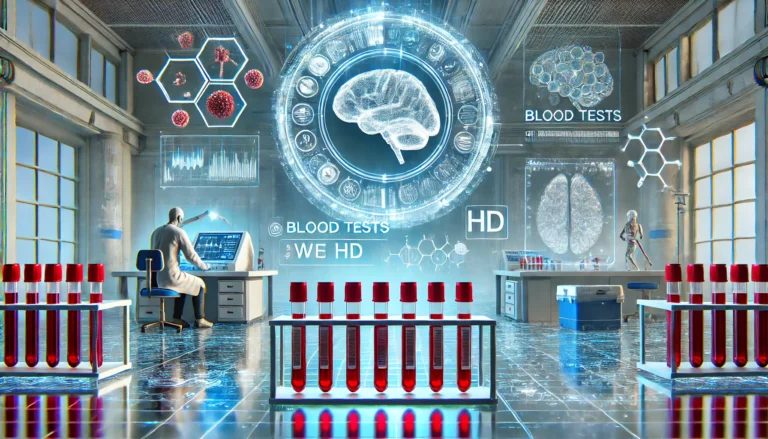Supplements Show Promise in Slowing Progression of Late-Stage Dry Age-Related Macular Degeneration
A recent analysis by the National Institutes of Health (NIH) has revealed promising results in the fight against age-related macular degeneration (AMD), a leading cause of blindness among older adults in the United States. The study highlights the effectiveness of specific dietary supplements in slowing the progression of late-stage dry AMD, potentially preserving central vision for many affected individuals.
Key Findings from the Study
Researchers at the NIH conducted a thorough review of data from the Age-Related Eye Disease Studies (AREDS and AREDS2). The findings, published in the journal Ophthalmology, indicate that taking a daily supplement containing antioxidant vitamins and minerals can significantly slow the expansion of geographic atrophy, a characteristic of late-stage dry AMD. This atrophy can otherwise progressively encroach on the central foveal region of the retina, leading to severe vision loss.
The Role of Antioxidants
The study particularly noted the effectiveness of the AREDS2 formula, which includes antioxidants such as lutein and zeaxanthin, along with vitamins C and E, zinc, and copper. These supplements replaced beta-carotene, which had been associated with an increased risk of lung cancer in smokers. The revised formula not only proved safer but also more effective in reducing the risk of AMD progression.
Implications for Patients
For patients with late-stage dry AMD, these findings underscore the potential benefits of incorporating AREDS2 supplements into their daily regimen. Dr. Tiarnan Keenan, M.D., Ph.D., of NIH’s National Eye Institute, emphasized that the supplements can slow the disease’s progression, particularly for those who have not yet experienced central vision loss. This offers a crucial window of opportunity for patients to maintain their vision and quality of life.
Continued Research and Recommendations
The NIH continues to advocate for further research into the long-term benefits of these supplements. Meanwhile, individuals diagnosed with intermediate or late-stage AMD are encouraged to consult with their healthcare providers about the potential benefits of AREDS2 supplements. Preventive measures, including regular eye exams and adopting a healthy lifestyle, remain vital components of managing AMD.






